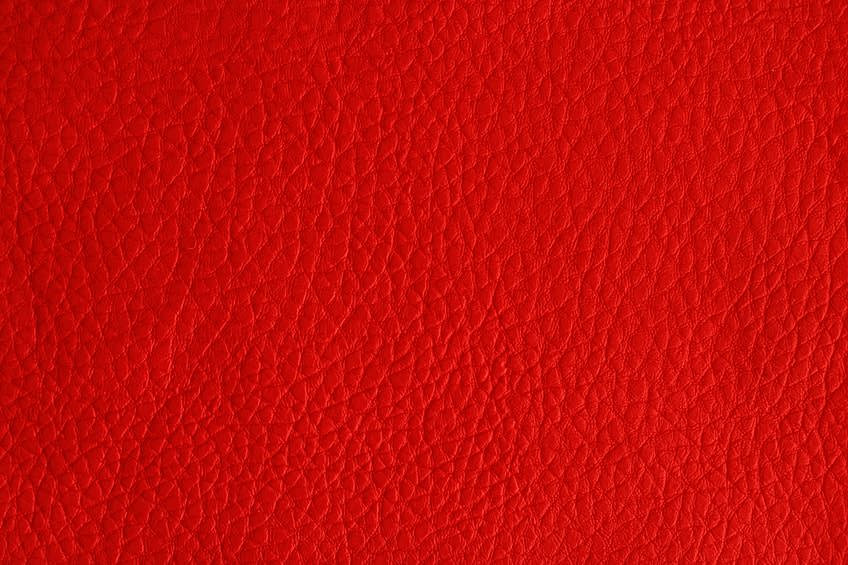
Apple Inc. sued Mobile Star LLC, which has been selling Apple counterfeit chargers on Amazon, according to the complaint. In addition to the counterfeiting claim, Apple contends that the Amazon seller infringed its trademarks and copyrights and that the chargers are dangerous and can “catch fire.”
Dangerous Counterfeits
“Counterfeit power products, such as those supplied by Mobile Star, pose an immediate threat to consumer safety because, unlike genuine Apple products, they are not subjected to industry standard consumer safety testing and are poorly constructed with inferior or missing components, flawed design, and inadequate electrical insulation. These counterfeits have the potential to overheat, catch fire, and deliver a deadly electric shock to consumers while in normal use” Apple’s complaint states.
Amazon Test-Buy Confirmed the Chargers Were Counterfeits
Before Apple filed the lawsuit, the tech giant made several test-buy, as per Amazon’s trademark infringement notice and takedown procedures. These test-buy confirmed that the Apple-branded chargers were in fact counterfeits.
Apple put 11 of the chargers through the industry-standard High Potential (Voltage) or “Hipot” test. Each one failed that test. Apple also took x-rays of the 11 adapters and confirmed that the internal components of each of them were configured differently to the components in genuine Apple power adapters.
After being notifying by Apple, Amazon agreed to identify the supplier of the test-buy (Mobile Star) and to turn over to Apple its inventory of Apple chargers.
Amazon’s Counterfeit Problem
Apple’s complaint contends that a whopping 90% of the Apple products sold on Amazon and delivered through “Fulfillment by Amazon” are counterfeits.
“Each month, Apple identifies and reports many thousands of listings for counterfeit and infringing Apple products to Amazon.com under its notice and takedown procedures.”
“Despite Apple’s efforts, fake Apple products continue to flood Amazon.com” Apple wrote. Apple is hardly the only company to feel this way about counterfeit products and unauthorized selling on Amazon.
Many brands selling on Amazon complain that the Amazon notice and takedown process feels a lot like a game of whack-a-mole.
Fed up with the pervasive counterfeiting of its sandals which had rendered brand enforcement “impossible” on Amazon, Birkenstock, decided to avoid Amazon altogether and restrict its distributors and retail partners from selling its products there starting January 1, 2017.
Similarly, Johnson & Johnson had pulled some of its products back in 2013 over similar concerns and Nike does not sell on Amazon or authorize its wholesaler to sell there.
Amazon’s Long-Awaited Response: Brand Gating
Amazon is ramping up its Brand Gating efforts to protect famous brands amid a sharp increase in counterfeits this year.
In order to sell such brands, resellers must submit invoices showing purchase of 30 items within the last 90 days, a letter from the brand owner, and pay a non-refundable “approval fee” of $1,000-$5,000 per brand, as part of the approval process.
Amazon is rolling out Brand Gating slowly since August. The policy is hoped to re-inject some confidence in the Amazon marketplace as well as alleviate some of the brand enforcement duties of famous brands.
Brand Gating is a step in the right direction for big brands. The same policy may also help private label sellers, assuming Amazon’s extends the Brand Gating policy to them down the road.
Although Brand Gating is currently limited to jewelry and clothing categories, it is expected to cover electronics and smartphones too in the near future.
Apple would naturally stand to benefit from Brand Gating.
In the meantime, Apple will be fighting Mobile Star in open court as early as December 7 in a bid to freeze Mobile Star’s Amazon listings while the case is pending.
Steven Buchwald is the partner of Buchwald & Associates, a New York law firm providing a wide-range of trademark law services. Find out more about our trademark packages by clicking here. Call us now to schedule a consultation.

